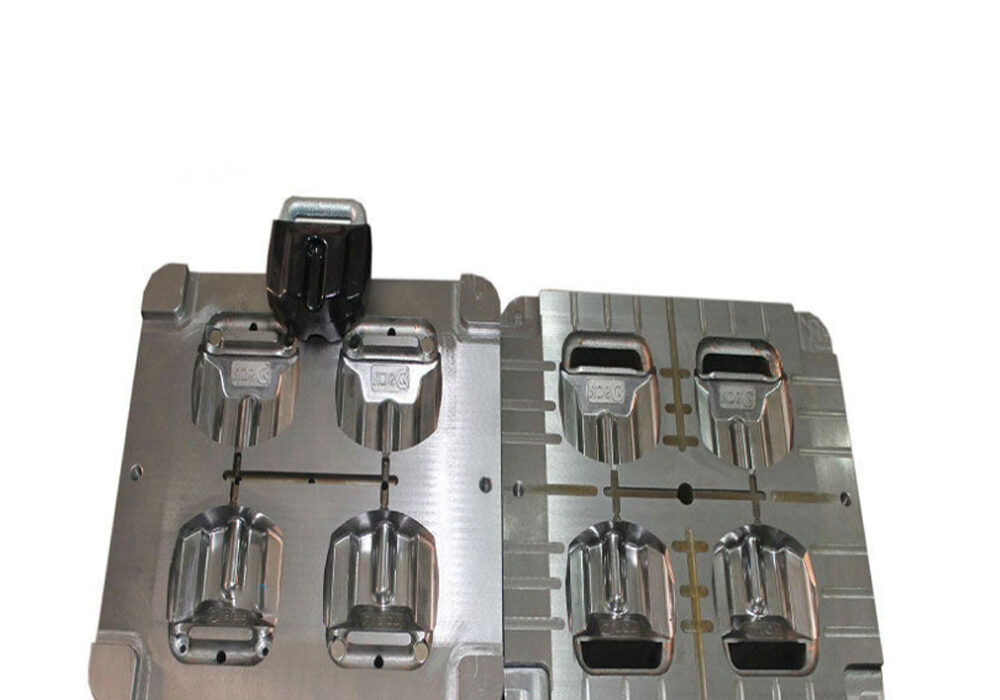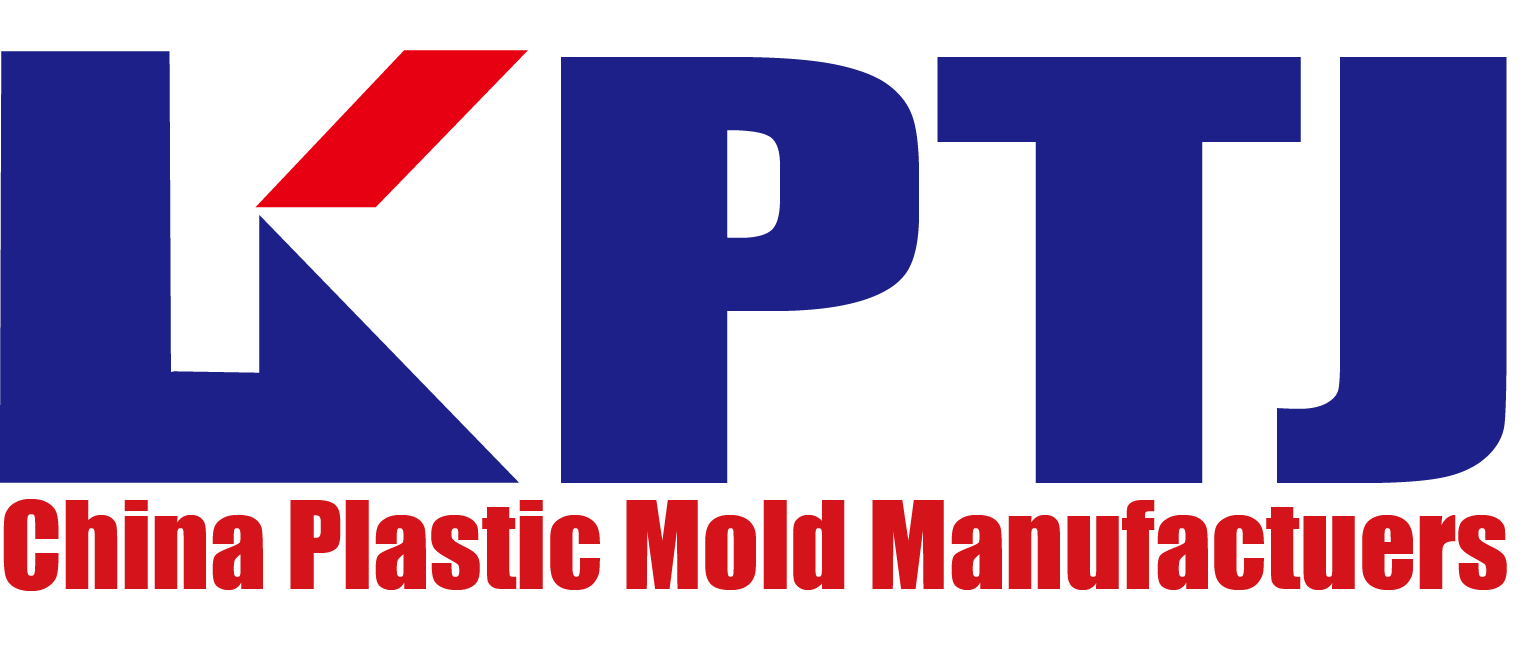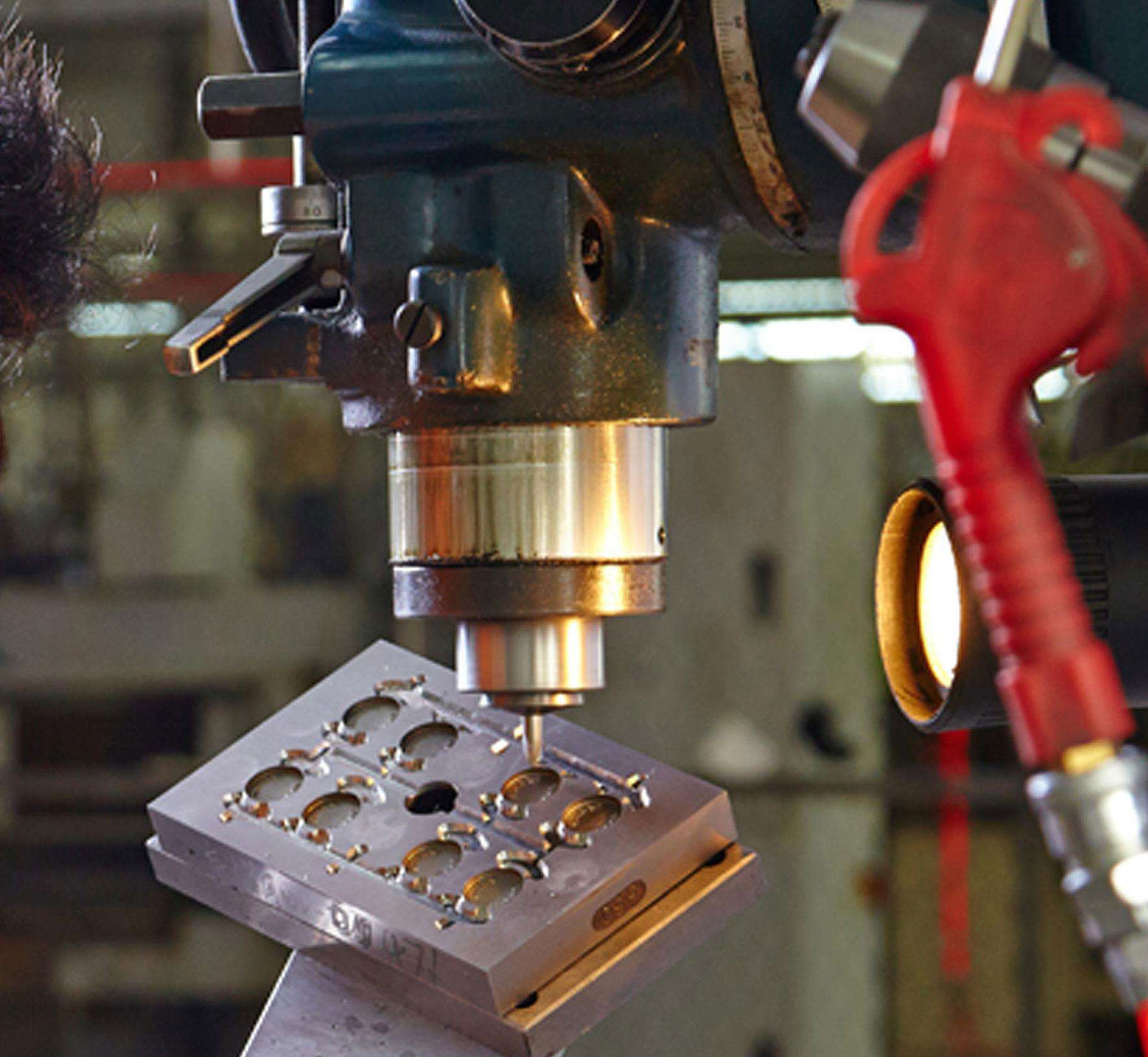- 1) The wall thickness should be as uniform as possible, and the draft angle should be large enough
- 2) The transition part should be smooth and gradually transition to prevent sharp corners and sharp edges, especially PC + gf products must not have gap
- 3) The gate and runner should be as wide and thick as possible, and the gate position should be set according to the shrinking and condensing process. If necessary, a cold material well should be added
- 4) The surface of the mold should be smooth and low in roughness (preferably less than 0.8)
- 5) Vent hole. The tank must be sufficient to exhaust air and melt gas in a timely manner
- 6) Except for PET, the wall thickness should not be too thin, generally not less than lmm.
Issues that should be noted in the injection molding process of transparent plastic products:
- 1) The injection pressure is generally high to overcome the defect of high melt viscosity, but too high pressure will generate internal stress and cause difficulty and deformation due to demolding.
- 2) The injection speed is generally low when the mold filling is satisfied. It is best to use slow-fast-slow-multi-stage injection.
- 3) Pressure holding time and molding cycle, in the case of satisfying the product’s mold filling, without the occurrence of depressions or bubbles; it should be as short as possible to minimize the time that the melt stays in the barrel.
- 4) The screw speed and back pressure should be as low as possible on the premise of satisfying the plasticizing quality, in order to prevent the possibility of solution drop.
- 5) The mold temperature and the cooling of the product have a great influence on the quality, so the mold temperature must be able to accurately control its process. If possible, the mold temperature should be higher.



